Mon-Sat 9am-7pm

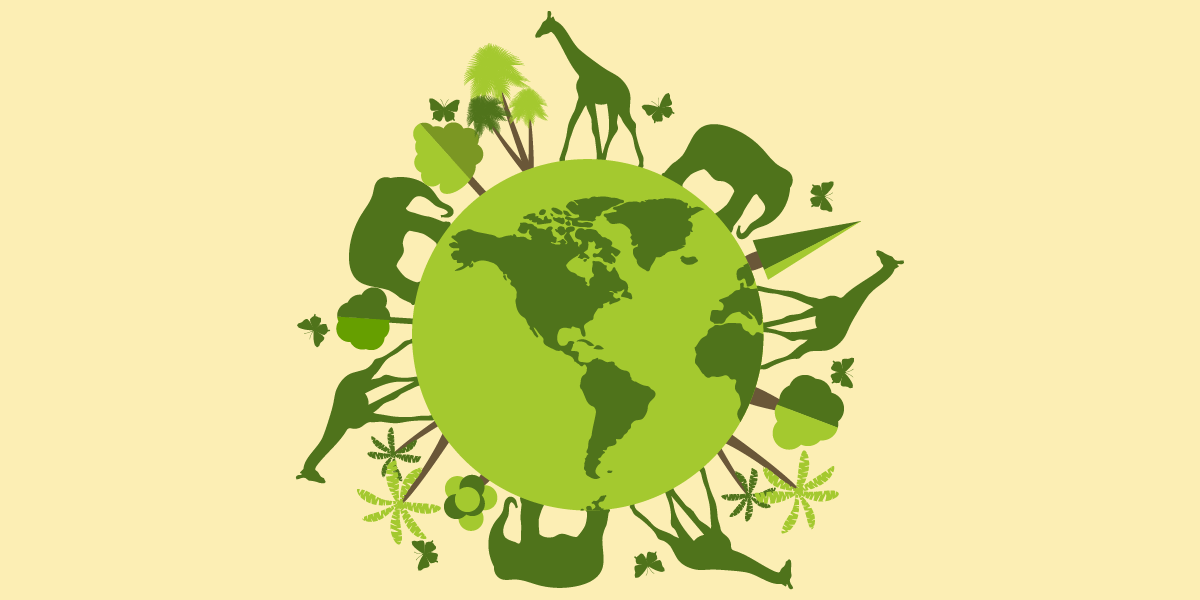
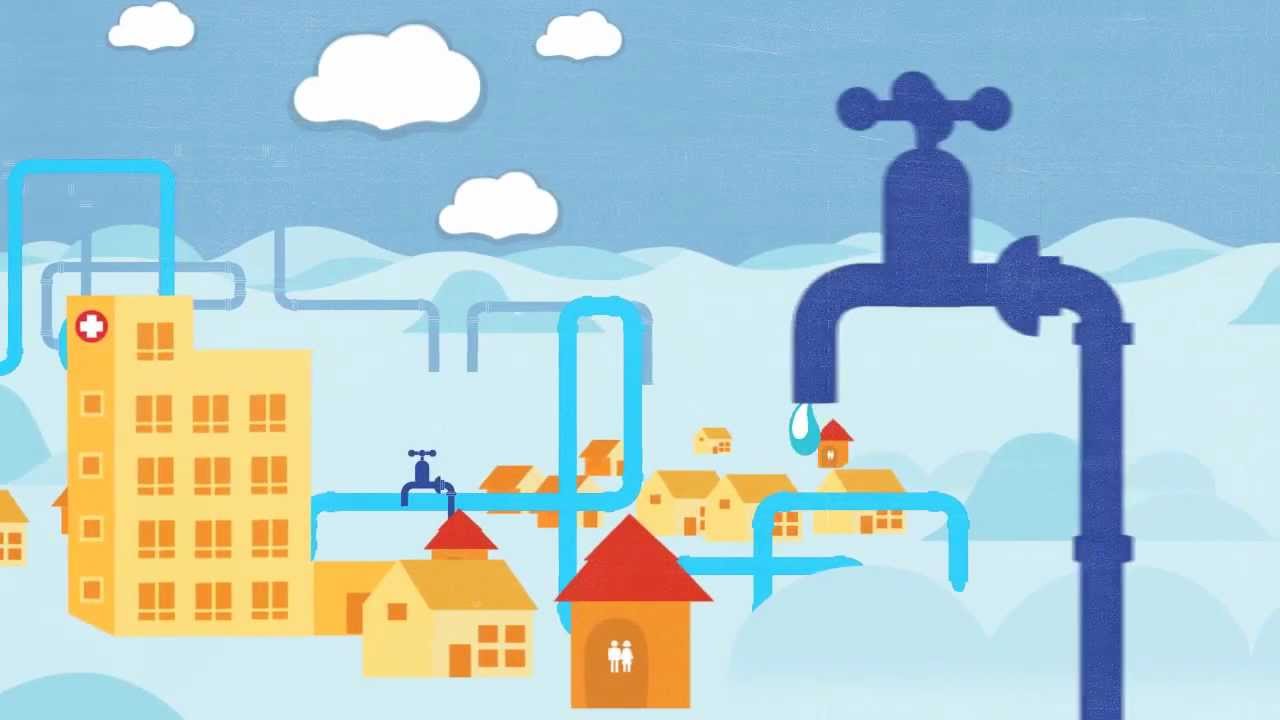

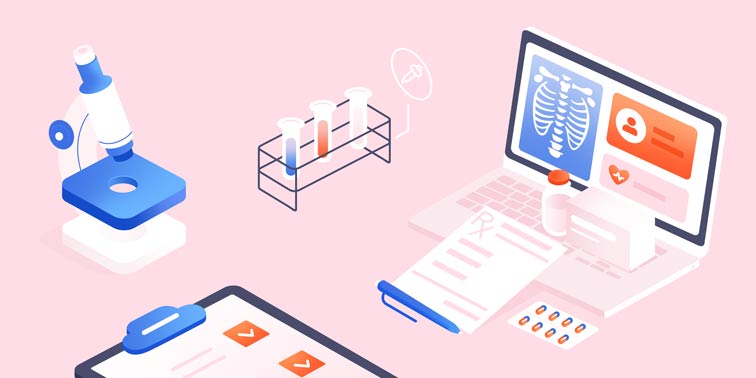




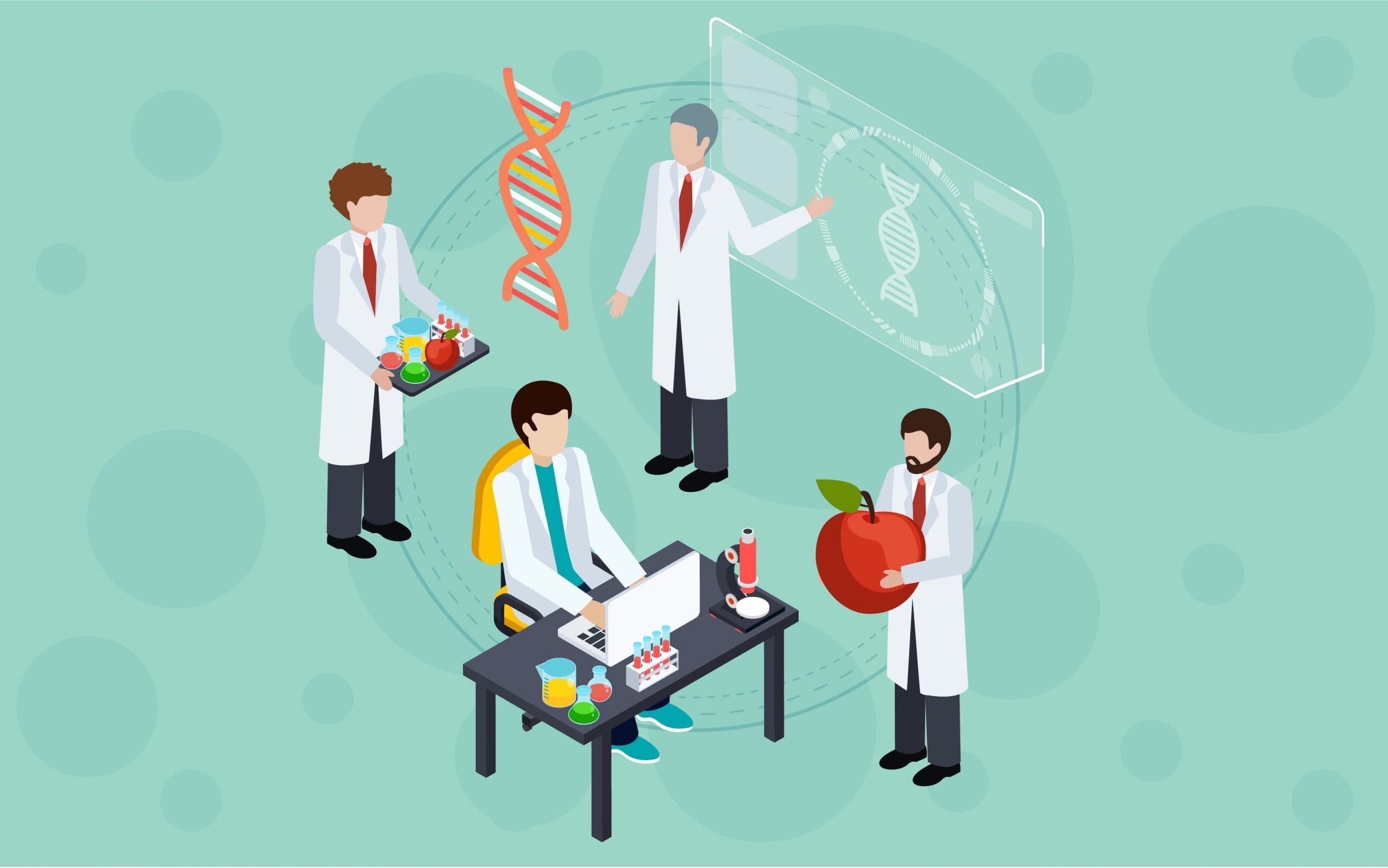



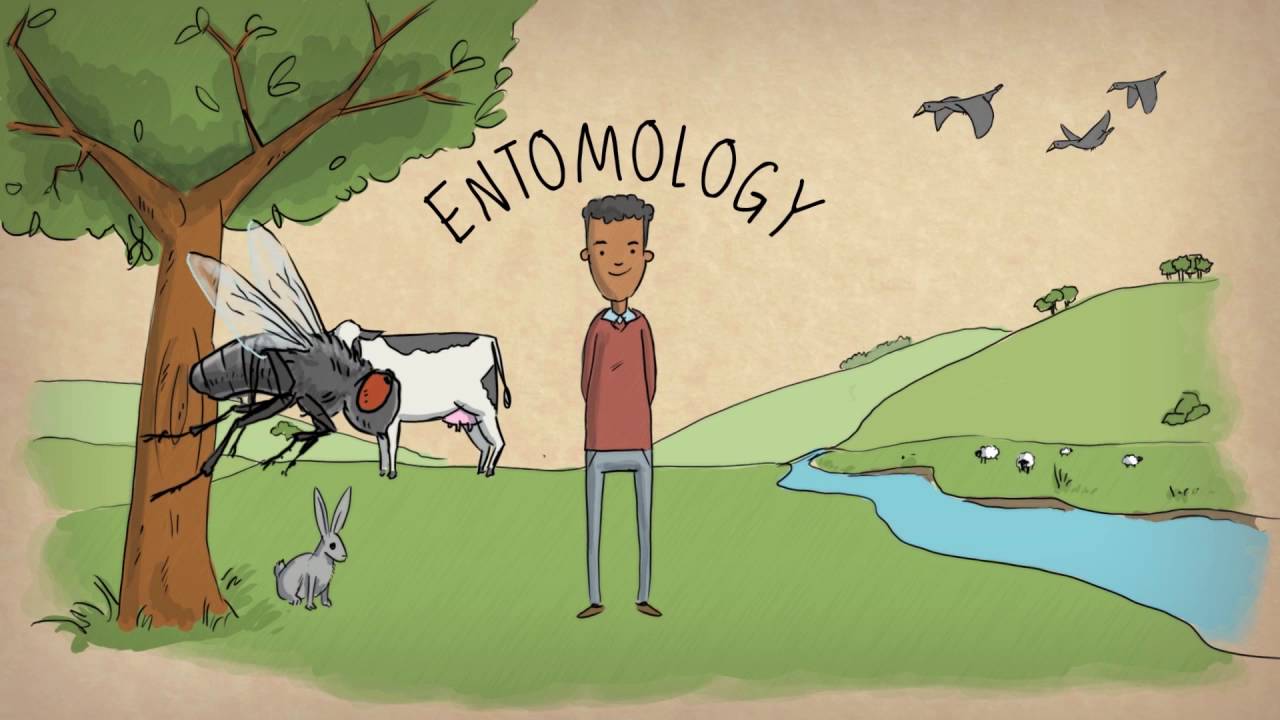


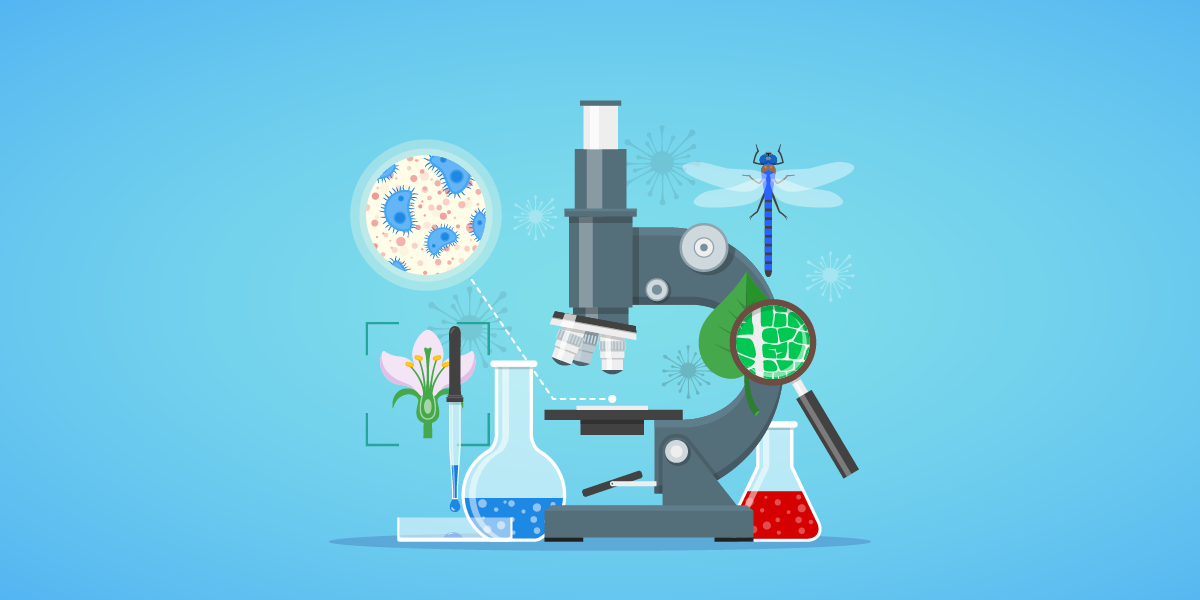


botany, branch of biology that deals with the study of plants, including their structure, properties, and biochemical processes. Also included are plant classification and the study of plant diseases and of interactions with the environment. The principles and findings of botany have provided the base for such applied sciences as agriculture, horticulture, and forestry.
To succeed as a Botanist, you should be knowledgeable and thorough with excellent research, communication, and interpersonal skills. You should also have a strong understanding of plant biology, scientific principles, and research methods.

Plant explorer: Botanist with a passion for plants who could be a photographer, writer, expeditioner, etc
Conservationist: Is an individual who works for the conservation of the environment and is often linked to organisations working for the cause.
Ecologist: A person who works for the eco-system and a balanced environment.
Environment consultant: Some botanists qualify to work as environmental consultants, providing inputs and advice for the conservation of the environment.
Horticulturist: A horticulturist knows the science behind different plants, flowers, and greenery. They conduct research in gardening and landscaping, plant propagation, crop production, plant breeding, genetic engineering, plant biochemistry, and plant physiology.
Plant biochemist: Biochemists study the chemical and physical principles of living things and of biological processes, such as cell development, growth, heredity, and disease.
Molecular biologist: Molecular biologists conduct research and academic activities. The research component involves the study of biological structures in well-equipped laboratories with advanced technology to help them explore complex molecular structures and their particular functions. The equipment may include microscopes, lab centrifuges, computers with specific software that allows them to analyze obtained data, and many more.
The number of professions botanists can go into nowadays is endless. Moreover the application of plant sciences improves the yield and supply of medicines, foods, fibers, building materials and other plant products. The knowledge of plant sciences is essential for development and management of forests, parks, waste lands, sea wealth etc.
It takes time to build up to a career that pays 6 figures. An entry-level position, like an intermediate research technician, will earn $33,000 per year and a school teacher will earn $44,200 per year.
Especially within the research field, salaries for senior-level botanists reach 6 figures quite often.
Research section heads make $108,387 per year. Research managers make $139,000, and research vice presidents/directors make $142,000. If you put the work in, botany will reward you.
| Job Roles | Average Salary |
| Plant Biochemist | 3 Lakhs p.a. |
| Taxonomist | 4 Lakhs p.a. |
| Morphologist | 3 Lakhs p.a. |
| Ecologist | 4 Lakhs p.a. |
| Cytologist | 5 Lakhs p.a. |
| Plant Physiologist | 6 Lakhs p.a. |
PROS:
1.. Salaries are usually pretty high.
2. Work can happen virtually anywhere.
3. Above average growth is expected in this field.
4. Numerous work sectors are available.
5. There are opportunities to change niche specialties frequently.
CONS:
1. It requires an extensive education.
2. Research positions almost always require a PhD.
3. There can be a lot of pressure involved.
4. It might mean some physically challenging work.
5. Workplace injuries add even more pressure.
:
1. Salaries are usually pretty high.
Plant biologists can usually command a salary that is higher than $80,000 per year. Although that may be problematic for some employers who need a skilled individual to meet their needs, it usually creates a win/win situation where specific research and development goals can be met while the plant biologist can earn a comfortable living.
2. Work can happen virtually anywhere.
Plant biologists are needed in a wide variety of environments. This might include a zoo, an arboretum, botanical gardens, or a medical plant farm. In states like Colorado and Washington, plant biologists are in high demand for the growing marijuana industry. From biological supply firms to pharmaceuticals to running one’s own greenhouses, there are enough options that appeal to everyone.
3. Above average growth is expected in this field.
According to the Bureau of Labor Statistics, the anticipated need for more plant biologists is expected to increase by about 20% until the year 2022. This gives new students a good chance to find employment in a career field that they love and a niche that they are passionate about.
4. Numerous work sectors are available.
Plant biologists can find work in the education world as teachers, in government as researchers, or in the private industry doing any number of tasks. There is virtually no limit to the value of a plant biologist in the current employment climate.
5. There are opportunities to change niche specialties frequently.
Although some might see permanent positions as being rare as a disadvantage to being a plant biologist, it also gives people the opportunity to explore new concepts on a frequent basis. The plant biologist often gets to control their own outcomes.
1. It requires an extensive education.
Most plant biologists need to have at least a 4 year undergraduate degree in botany or a similar field in order to find work. Education in social sciences, mathematics, and physics are often necessary for graduation. Many need to be highly involved in science clubs and other social groups, as well as participating in internships during their non-class time. Because the bachelor’s degree is becoming overvalued today, a master’s degree may be required to pursue specific goals.
2. Research positions almost always require a PhD.
With the cost of education today, a Ph.D in biology will be necessary for a research position as a plant biologist. Even in a fast track program all the way to the doctorate, the average person will need 8-12 years of schooling to achieve this. At an average cost of $20,000 per year for schooling, that means someone could be $250k or more in debt from their tuition needs before they every find employment.
3. There can be a lot of pressure involved.
Plant biologists are often expected to meet specific deadlines regarding their work, even if it is in a field that has had very little momentum within in it before. Much of the funding for their work also comes from grants, so professional duties must meet with the specific guidelines that have been outlined in the award. If that doesn’t happen, then the plant biologist could lose their employment.
4. It might mean some physically challenging work.
Being in the library or in the lab for research isn’t necessarily challenging. Needing to hike up to the summit of a 14,000 foot mountain to collect plant samples for research, on the other hand, could be incredibly challenging. Plant biologists often face diverse environments and must be in good enough shape to be able to meet those demands.
5. Workplace injuries add even more pressure.
Many industrial settings are automated to help created a higher throughput for the plant biologist. This means that there is a lot of investment value in the equipment being used. One slip-up not only means that workplace injuries could slow production down, but it could cost the company financially or hurt their reputation.
Research and analytical skills
Call us at +91 9205084085, Monday - Friday, 9 am - 7 pm


